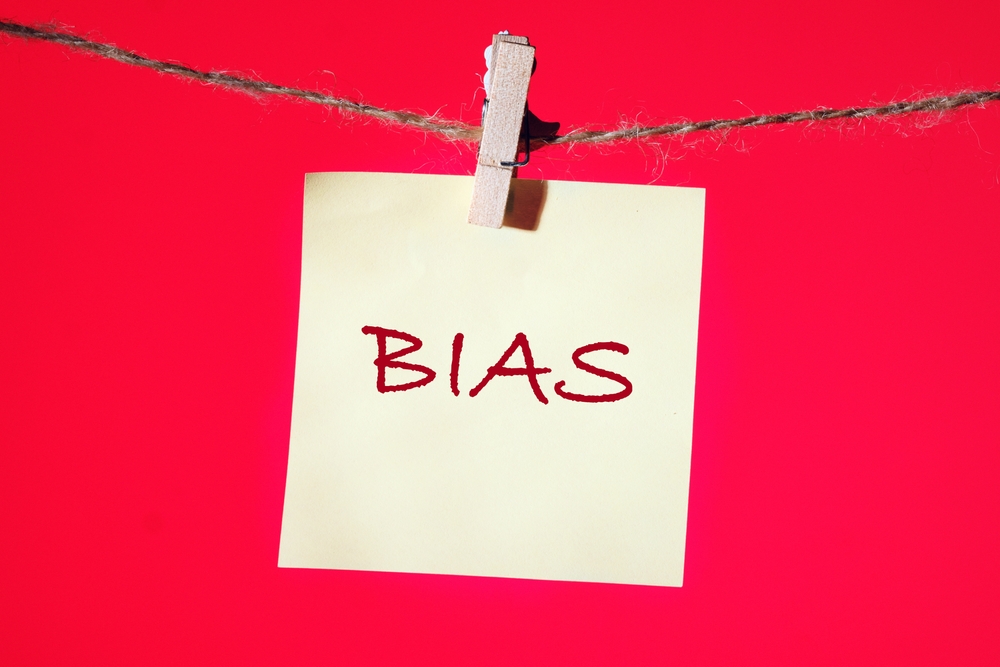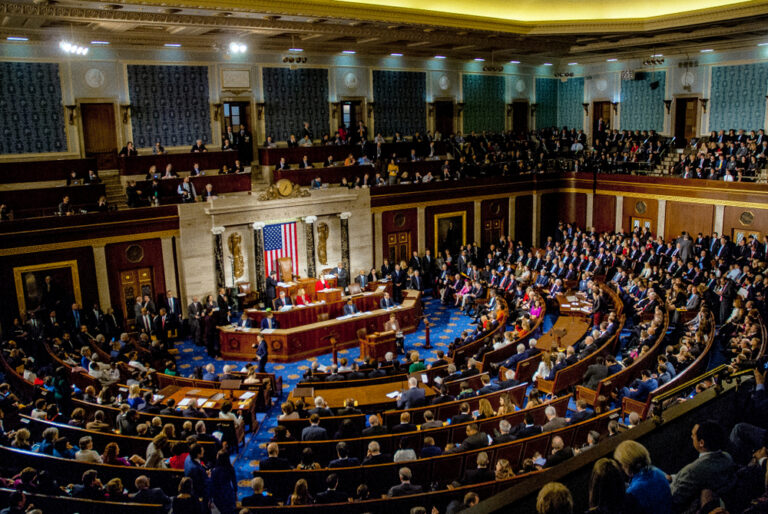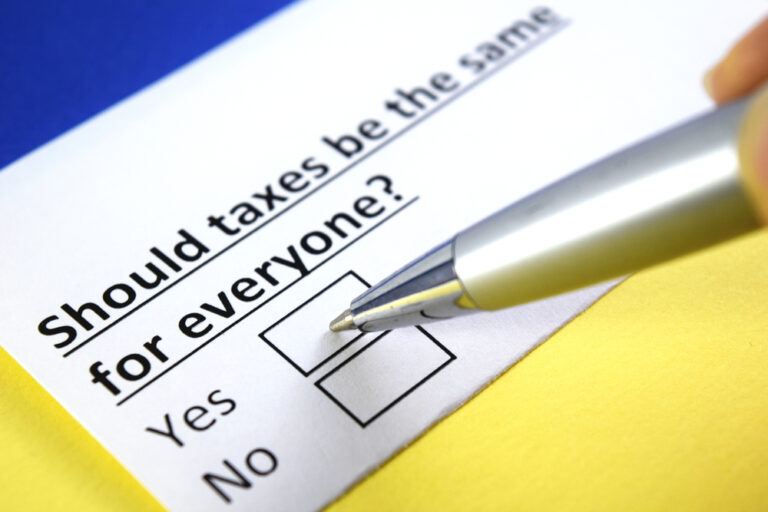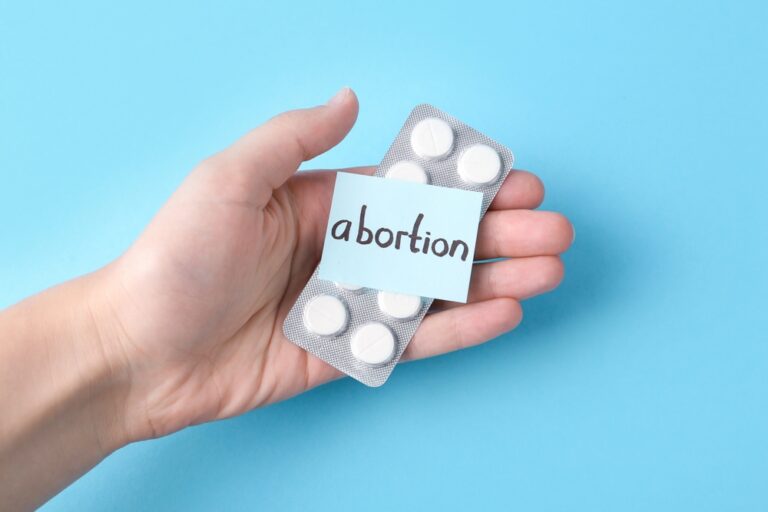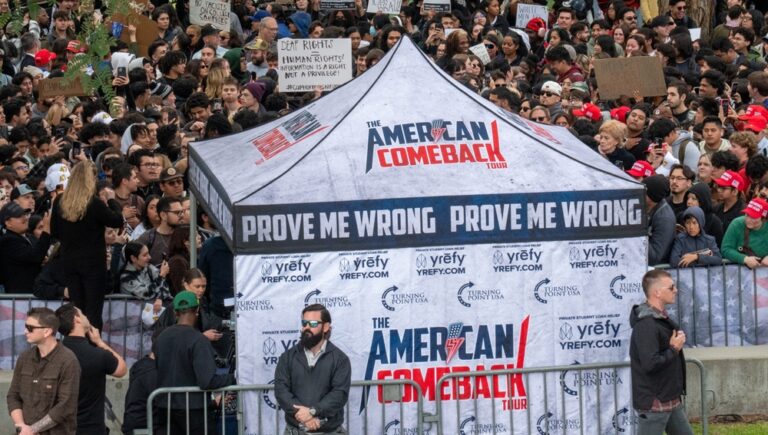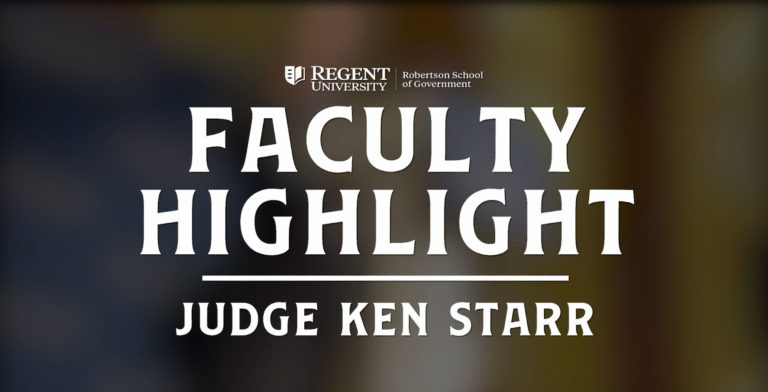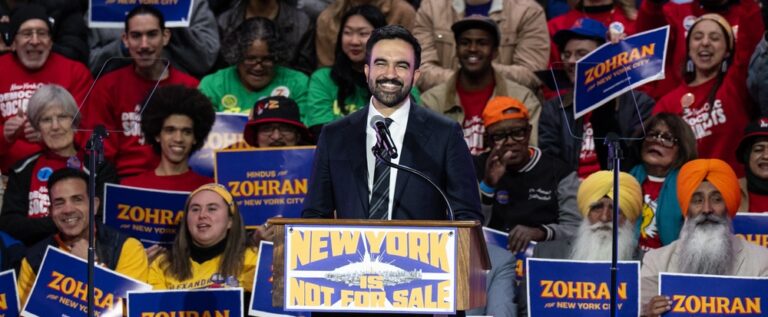The Dangers of Bias
Editor's Note: The views and opinions expressed in this article are those of the author and do not necessarily reflect the official policy or position of Regent University, its faculty, administration, or affiliates.
From the moment we are born, we begin to design a personal framework—a window on our world. We see things through “lenses” our emotions give us. Some things make us happy. Some things make us sad. Some things win the approval of others, and other things seem to get us into trouble. We take these bits and pieces of information, and we file them away in our minds. We develop categories—like drawers in a file cabinet—where we place those findings. We refer to them; we add to them; we live by them; but very rarely do we change them.
These bits of information are our roadmap for life. They are the schema we live by. They are also our bias and prejudices. We all have them—from illogical association (“I don’t like green peppers because I contracted the flu not long after eating them”) to the more profound bias we have toward races, ethnic groups, cultures, or genders.
Bias has many forms. Sometimes, it simply appears as a strong opinion or a confirmation of what we want to see. We all have a right to our opinion, but as human-service professionals, we do not have the luxury of holding those opinions without knowing why. What is the foundation? Where are the roots? How was that opinion formed? Why do you hold it so tightly?
Let us make a distinction here between those things that you believe on faith and those things that are part of the lexicon that make up your professional demeanor and even your personal interactions. As professionals, it is never enough simply to know we feel a certain way toward a group or a situation; we must know “why.” This is very important because those thoughts, feelings, bias, and prejudice are the unseen triggers for our actions and as human-service professionals, our actions can affect others for a lifetime.
Why do we prejudge? What is it within our cognitive makeup that can cause us to do this, and what can the effect be? On a very basic level, our propensity to prejudge a situation can be attributed to fear and our innate need to know whether the scenario with which we are presented will call for “fight or flight.” This is an organic response within all of us triggered by our amygdale. The concept of self-preservation will drive our response prior to a more considered evaluation.
We should consider that to prejudge may simply mean to assess in a timely fashion to maintain our safety. Taking that to a deeper level, we would have to ask what is it about what we see, hear, or sense that causes us to have this reaction. What have we buried in our subconscious that provokes this response? Was it something we heard as a child or read in a book, or is it a matter of personal experience?
What makes us cross the street or lock our car door or take any of the other reflexive precautions that we cannot explain? Are we prejudging? When you hear a label such as inmate, parolee, or detainee, what is your immediate reaction? If you learn someone has been directed to anger management classes, what is your initial response? Whether we have internalized an idea because we have prejudged the situation or because we hold a strong belief or opinion based on consideration and evidence, a bias will reflect in our decisions.
Bias for or against is equally dangerous. We can unconsciously slant our questions to achieve the desired answers. We can present ourselves in such a way that there is a barricade between us and the person we are interviewing thereby skewing our intake. It can and does also prevent us from doing the job for which the community is depending upon us.

